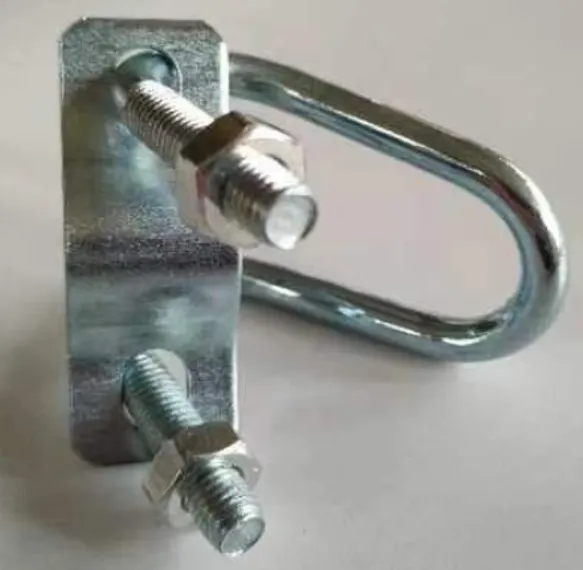loading...
- No. 9, Xingyuan South Street, Dongwaihuan Road, Zaoqiang County, Hengshui, Hebei, China
- admin@zjcomposites.com
- +86 15097380338
- Welcome to visit our website!
FRP Pressure Tank Design and Applications for Efficient Fluid Storage Solutions
Understanding FRP Pressure Vessel Tanks
Fiber Reinforced Plastic (FRP) pressure vessel tanks have rapidly gained popularity in various industries due to their unique properties and advantages. These tanks are engineered for the storage and transport of liquids under high pressure, making them ideal for applications in chemical processing, water treatment, and oil and gas industries.
Understanding FRP Pressure Vessel Tanks
Corrosion resistance is another significant benefit of FRP pressure vessels. Conventional metal tanks are prone to rust and degradation when exposed to harsh chemicals or moisture. In contrast, FRP materials are inherently resistant to corrosion, significantly reducing maintenance costs and extending the lifespan of the tank. This makes FRP tanks ideal for storing aggressive substances, such as acids and various industrial chemicals.
frp pressure vessel tank

Thermal insulation properties are also noteworthy in FRP tanks. The composite materials used in their construction provide excellent thermal resistance, which is crucial for certain applications where temperature fluctuations can affect product quality or safety. This feature helps to maintain the integrity of the stored substances by minimizing heat transfer, thereby improving overall operational efficiency.
FRP pressure vessel tanks can be manufactured in various shapes and sizes, catering to specific industrial needs. Their versatility allows for customization to meet stringent standards and regulations, which is essential for compliance in industries such as pharmaceuticals and food processing. Moreover, the design flexibility of FRP enables engineers to create tanks that optimize space utilization.
Despite their many advantages, it is important to consider the limitations of FRP pressure vessels. While they offer excellent resistance to a wide range of chemicals, not all substances are compatible with FRP materials. Therefore, it is essential to consult material compatibility charts before selecting an FRP tank for a specific application. Additionally, the initial cost of FRP tanks can be higher than that of traditional tanks; however, the long-term savings associated with maintenance and longevity often justify this investment.
In conclusion, FRP pressure vessel tanks represent a modern alternative to conventional storage solutions. Their lightweight, corrosion-resistant, and thermally-insulating properties make them ideal for various industrial applications. As industries continue to seek efficiency and sustainability, the adoption of FRP technology is likely to grow, paving the way for safer and more efficient storage systems in the years to come. Embracing such innovations will not only enhance operational capabilities but also contribute to environmental conservation efforts through reduced resource consumption and waste generation.
-
The Rise of FRP Profiles: Strong, Lightweight, and Built to LastNewsJul.14,2025
-
SMC Panel Tanks: A Modern Water Storage Solution for All EnvironmentsNewsJul.14,2025
-
GRP Grating: A Modern Solution for Safe and Durable Access SystemsNewsJul.14,2025
-
Galvanized Steel Water Tanks: Durable, Reliable, and Ready for UseNewsJul.14,2025
-
FRP Mini Mesh Grating: The Safer, Smarter Flooring SolutionNewsJul.14,2025
-
Exploring FRP Vessels: Durable Solutions for Modern Fluid HandlingNewsJul.14,2025
-
GRP Structures: The Future of Lightweight, High-Performance EngineeringNewsJun.20,2025
